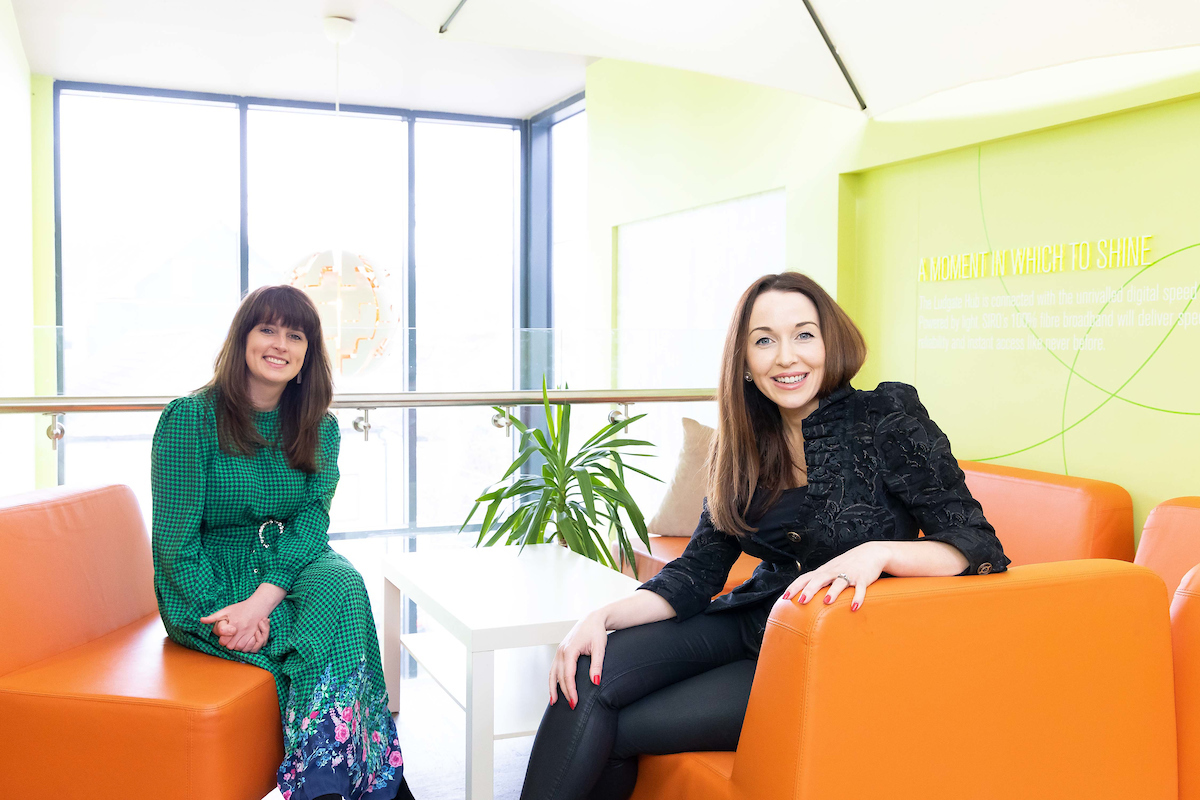Rural Recovery Fund 2021

Supporting rural communities to recover from the effects of the COVID-19 pandemic and to build resilience for future challenges

The true scale of the COVID-19 crisis will only be revealed as we move forward into the recovery period. The devastating impact of the pandemic is likely to last for years to come. Failure to understand and respond to these challenges risks leading to deeper inequality throughout the next decade. To combat this, significant investment and intervention is required. Economic disadvantage, lack of job and educational opportunities and social isolation are some of the most crucial challenges facing rural Ireland.
This is why we created the Rural Recovery Fund. This is a one year €600,000 fund created by Rethink Ireland with support from Google.org and the Department of Rural and Community Development via the Dormant Accounts Fund. Through this Fund, we support six projects working with communities in rural Ireland that focus on recovery and resilience, as we emerge from the COVID-19 pandemic.
On Monday, April 25th 2022 we announced the Awardees of the 2021 Rural Recovery Fund.
Awardees
Activation First
Activation First is a project established by Peter McVerry Trust that supports tenants of Peter McVerry Trust Housing Services in counties Galway and Mayo to access local education, training and employment opportunities with a view to assisting their integration into local communities. The project engages directly with potential employers, educators and trainers to match them with Peter McVerry Trust tenants and offers ongoing support to both parties to sustain participation in the project. This funding will allow the Activation First team to provide these critical wrap-around supports to the people in their 92 new tenancies in Galway and Mayo.
Ana Liffey Drug Project
Ana Liffey Drug Project works directly with people affected by addiction, homelessness and other social issues in county Clare, North Tipperary and Limerick. Ana Liffey runs an outreach programme that allows workers to go to rural areas and ensure people can access the services they need. They provide tailored support to people to achieve their goals. Such as to access residential treatment services, engagement in local health services, access to housing and when they are ready begin volunteer roles, work in their community or return to education and ultimately reintegrate into their community. The support from the Rural Recovery Fund will allow them to put care plans in place for at least 45 people in these rural areas, who would otherwise have no access to these services.
Employment Pathways Kilkenny
Camphill Initiatives for Social Ecology (CISE) is establishing, supporting and scaling inclusive social enterprise projects in Kilkenny to create opportunities for persons with disabilities to build skills, increase their job readiness, and ultimately gain employment. CISE projects are set up to support adults with a disability or with autism, who have been unemployed for more than three years. The additional funding will allow CISE to hire a development manager who will focus on building the organisation, securing traded income, and scaling their current projects to create more employment opportunities for people with disabilties.
Killeedy Regeneration Project
Kantoher Development Group (KDG) is a community development organisation set up on the closure of Kantoher Co-op in 2005 to regenerate the Killeedy area by focusing on the promotion/creation of sustainable employment and enterprise for all. Seventeen years later, KDG continues to create diverse employment opportunities and sustainable enterprises, not only for people in Killeedy, but for the wider West Limerick area. Thanks to the Rural Recovery Fund KDG will be able to hire a manager to support strategic growth of the organisation, responding to the communities needs and creating more employment opportunities in the area.
Remote Employment in Rural Ireland for All
Grow Remote are on a mission to enable everyone to work, live and participate locally. They do this by making remote work (via employment) both visible and accessible with a focus on rural communities. Through this project Grow Remote will provide supports to social enterprises in rural Ireland, who are supporting and employing people from disadvantaged and marginalised communities. The additional resources from the Rural Recovery Fund is enabling Grow Remote to offer their bespoke training to 20+ social enterprises’ teams, volunteers and beneficiaries as well as create a playbook on how to transtion to remote/ hybrid organisation specifically for social enterprises. A targeted approach to supporting disadvantaged communities by building the capacity of the social enterprises that employ them and increasing the availability of work in rural Ireland.
West Cork Reignite Programme
Ludgate is Ireland’s first rural digital hub, located in Skibbereen. Through their Reignite Programme they will support women in West Cork who wish to return to work to rebuild their confidence, develop appropriate professional skills and ultimately support them to re-enter the workforce. They will do this by providing an 11 week tailored training, coaching and mentoring programme followed by a work experience placement. The content is tailored to the specific challenges faced by women returners in rural areas of Ireland. The funding is allowing them to run the programme twice, supporting at least 20 women, 70% of whom it is expected will go on to secure employment.